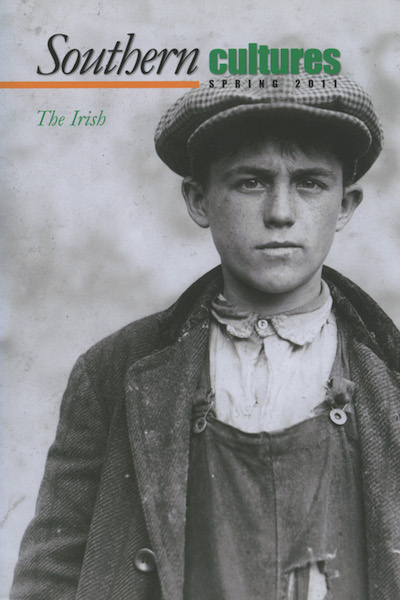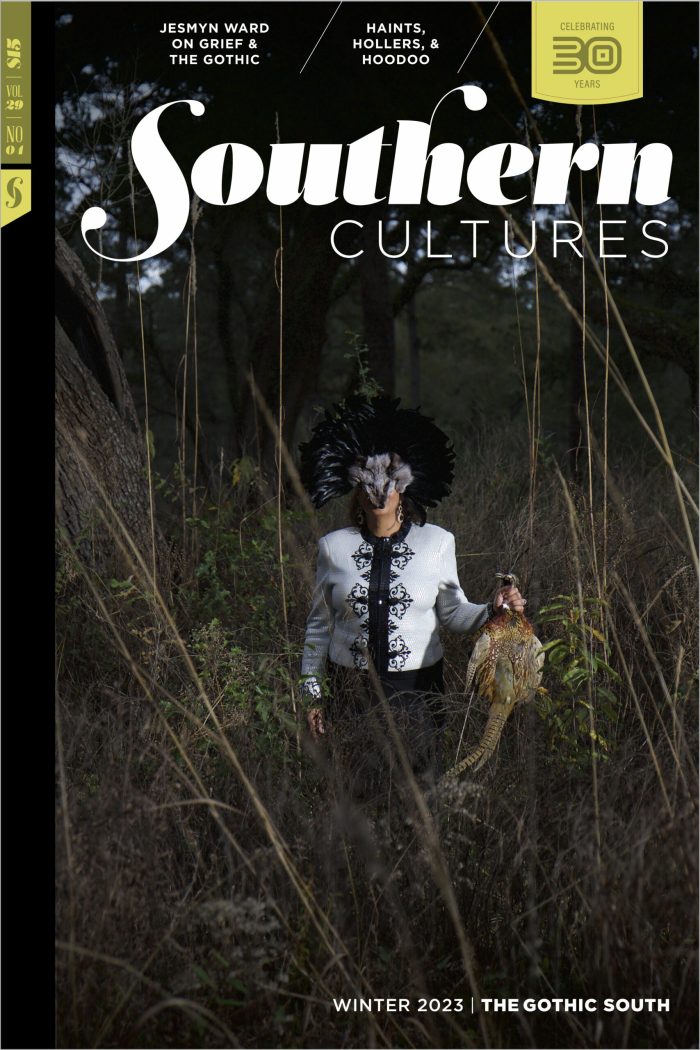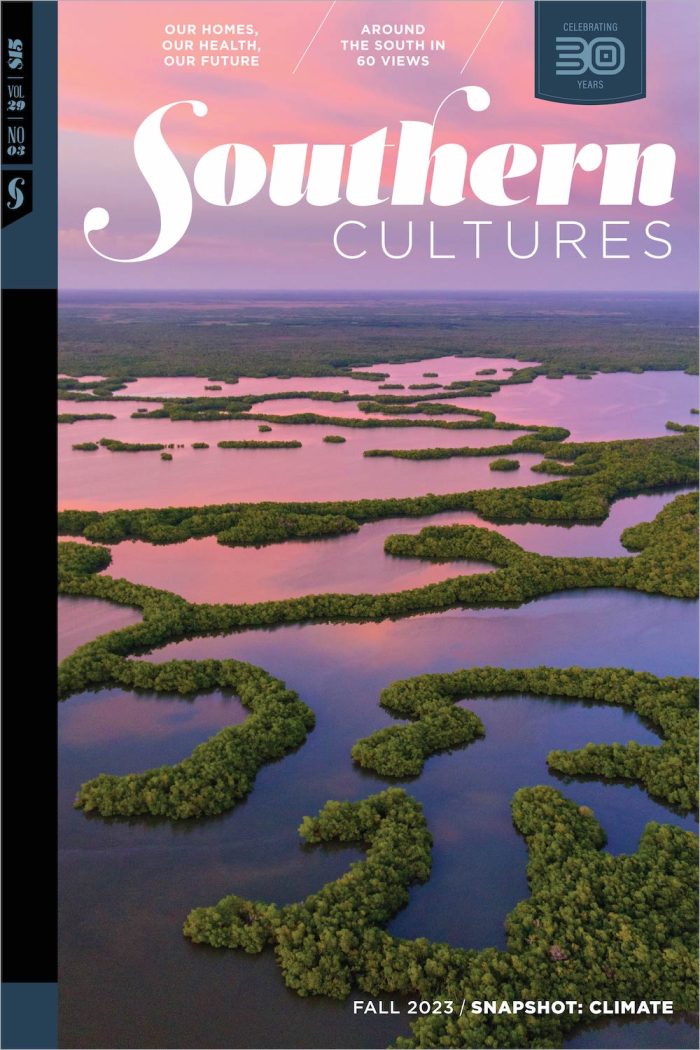by Harry L. Watson
“The authors in this special issue on Ireland and the South argue that the Irish left an outsized imprint on the cultures of the American South and forged a persistent affinity between Ireland and the South.” Not long before adventurers sailing for the first Queen Elizabeth set out to colonize the land they would call »
by William R. Ferris
“Irish rockers U2 are committed fans of B.B. King and wrote the song ‘When Love Comes to Town’ at his request. The song introduced King to important new rock audiences.” To explore the relationship between Ireland and southern culture is for many southerners an intensely personal journey. My own family has Irish ancestry on both »
by Geraldine Higgins
“Into the debate about place, race, and the second-best-selling book of all time, we can also bring Irishness.” Perhaps one of the most frustrating things for fans of Gone With the Wind is arriving in Atlanta, Georgia, only to discover that they have come to the wrong place. If they want to see the white »
by David T. Gleeson
“As there had been only two prominent Irish generals, and only one, Cleburne, had had a very distinguished record, the story of the common soldier was the story of the Irish Confederate.” In 1877 a group of prominent Irish Americans met in Charleston to commemorate the Irish Volunteers in the Confederate States of America. Two »
by Christopher J. Smith
“One of the realities of American life is that certain features of African American performance style will remain strange and alluring to those outside the culture. Not least among such features is the making of hard social commentary on recurring problems of life, often through cutting and breaking techniques—contentious interactions continually calling for a change »
by Conor O'Callaghan
“Addressing a jubilant crowd in Belfast, shortly after the declaration of the original ceasefire in 1993, Gerry Adams reminded his audience that ‘they haven’t gone away, you know’. He meant that even as ‘the cause’ was dwindling, its upholders—’the boys’—were still among us. He might just as easily have been talking about the Klan.” You »





